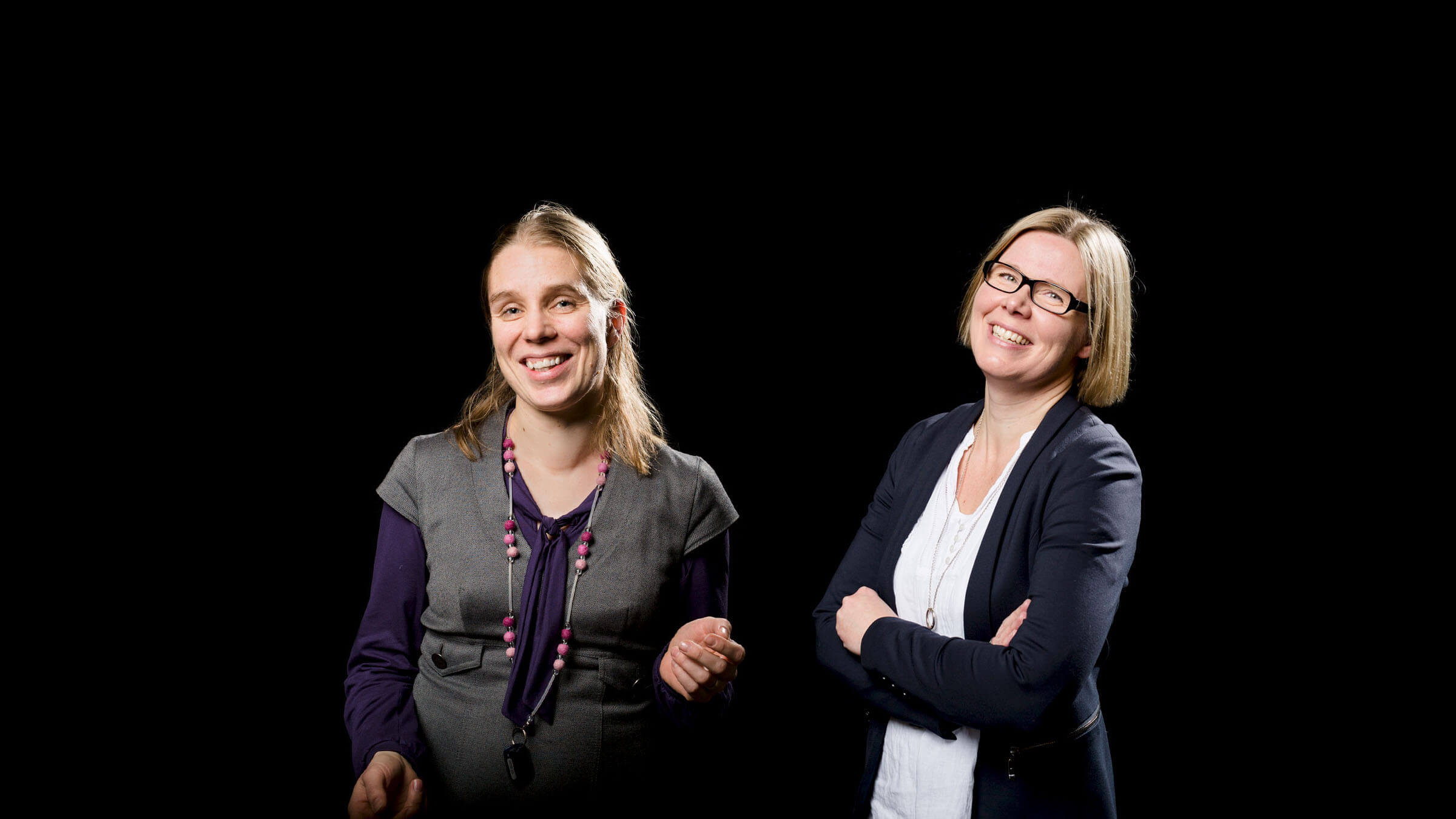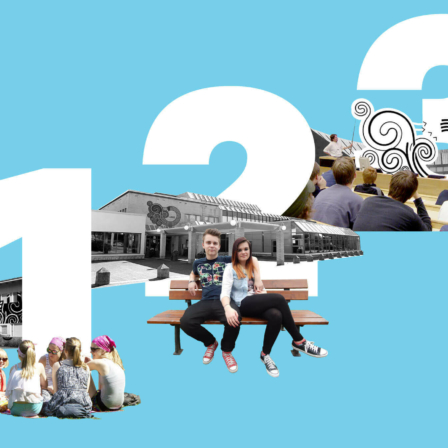The carrying capacity of the earth cannot withstand the pace of consumption resulting from our present economic model. We would need four Earths if everyone were to consume the way the Finns do. A new more sustainable economic model, the circular economy, has been promoted as an alternative to our wasteful economy. However, we need more material expertise in mathematics and natural sciences in order to move towards business models and products that are in line with the circular economy.
Why material expertise in particular?
The material flows on Earth are enormous. The construction industry alone uses nearly half of the quarried natural resources in the world and is responsible for a quarter of the world’s carbon dioxide emissions. By understanding materials and their lifetime impact we can learn to manufacture telephones, jeans and other products sustainably from the earth’s natural resources.
Architects were able to cut the carbon footprint of an apartment building by almost one half (link in Finnish) by making it out of wood instead of concrete.
Materials such as wood or steel used in products can be used again in new products or as energy in the circular economy. The most decisive phase in the implementation of this is the start of the life cycle of the product: how should the materials used in products be developed and processed so that they might last as long as possible? And how should a product be designed to make it as durable as possible?
In the development phases of materials thought should also be given to how materials used in a product can be recycled into a subsequent product if the reuse of the product itself is not possible. For instance, produces rag rugs out of old sheets.
Meanwhile, the entire life cycle of materials and the product needs to be taken into consideration in product design. In addition to sustainability, the product needs to be designed in such a way that it can easily be used again, repaired and serviced.
It is necessary to understand the impact of the life cycle of materials in many other professions as well, such as the preparation of legislation and the development of business activities. It is also needed in factory packing facilities, transport, sales and storage. For instance, it is important for the owners of clothing stores to understand the life cycle of a garment, so they can procure and sell genuinely sustainable clothing for customers.
Why aren’t young people interested in saving the planet?
Doctors, schoolteachers or experts working in development co-operation are often seen as being in professions that will save the world, and, indeed, they are all extremely important fields. Isn’t stopping climate change by using new forms of energy, or solving the problem of the plastic pollution in the seas through the development of materials, also something that saves the world though?
Saving the planet also saves human lives.
Strong expertise in mathematics and science are needed in the development and processing of materials and in product design. They create a strong foundation for the understanding of the environmental impact of materials. Interest among the young toward these subjects has nevertheless declined to a worrisome degree in Finland.
In the international TIMSS study (link in Finnish), it was noticed that mathematics and science skills among Finnish fourth graders are on the decline. The main reasons for this were seen to be the lack of interest in these subjects and a lack of confidence felt by the children in their own abilities.
The same trend can also be seen in upper secondary schools. The popularity of advanced mathematics has declined (link in Finnish) in Finland since the early 2000s. Skills in advanced mathematics are nevertheless important in the circular economy in key fields of study such as engineering, business, and agriculture and forestry. The number of openings for new students in these fields is equal to the number of graduates who have taken a matriculation exam in advanced mathematics, but some of the graduates do apply for different fields.
It has also been noticed that the fields that are important for the circular economy, such as refining technology, are no longer chosen when students choose their specialist fields at university.
How can we get both teachers and pupils at the primary level to become interested in mathematical subjects? How can mathematics and natural sciences be perceived as important areas of future expertise, and how can we strengthen children’s faith in their own abilities?
How can we produce enough material specialists for the job market in the future?
Teaching the circular economy at school
Sustainable material development, processing of materials and product design alone are not enough for us to make the transition to a circular economy. To end the waste of materials and natural resources we also need to change and to make them compatible with the circular economy. From buying goods we need to move to buying services. Do you need a car simply to attend a hobby class once a week? In which case you could simply rent a car.
Instead of buying a lamp, could you buy illumination?
If the circular economy is to succeed, we will all be needed – both as professionals and as citizens. Sitra is currently developing , together with 11 universities, 14 universities of applied sciences, 12 vocational institutions of education, and many other organisations involved in education.
We want to educate professionals who understand that the amount of natural resources is limited and that they need to be used in a sustainable manner, utilising circular economy solutions.
We can all be implementers of the circular economy and help to save our planet.


Recommended
One more?